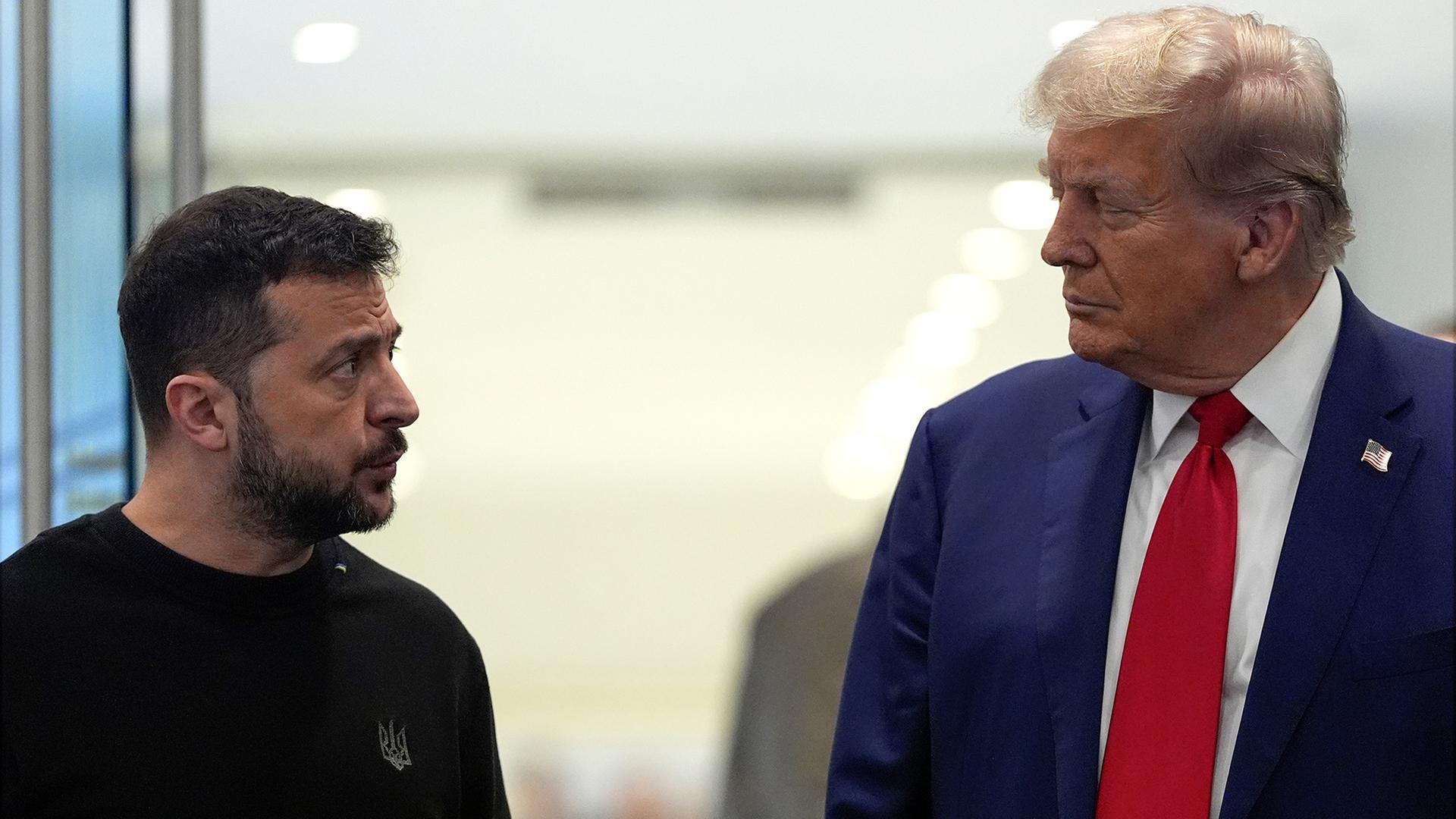
Introduction
The relationship between the United States and Ukraine has remained a pivotal topic in international politics, especially during the presidency of Donald Trump. His administration’s actions vis-à-vis Ukraine have sparked debates regarding foreign policy and the integrity of democratic processes. Understanding Trump’s role in shaping this relationship provides insight into current geopolitical dynamics, especially in the context of ongoing tensions between Ukraine and Russia.
Background of Trump’s Involvement
Donald Trump’s presidency from 2017 to 2021 was marked by various controversies surrounding Ukraine. The most notable was the impeachment inquiry launched against him in 2019, which stemmed from allegations that he solicited foreign interference in the 2020 US presidential election. Specifically, Trump was accused of pressuring Ukrainian President Volodymyr Zelensky to investigate his political rival, Joe Biden, and his son, Hunter Biden, to gain an electoral advantage.
This inquiry raised significant concerns about the misuse of presidential power and the ethical appropriateness of seeking foreign assistance in domestic electoral processes. The House of Representatives eventually impeached Trump, but he was acquitted by the Senate, leading to further division among lawmakers and the public.
Consequences for Ukraine
Trump’s actions had substantial implications for US-Ukraine relations. On one hand, his administration provided military aid to Ukraine, enhancing its capacity to resist Russian aggression. However, the controversy surrounding the aid and the potential conditionality attached to it created uncertainty within Ukraine about America’s commitment to its security. This uncertainty was compounded by Trump’s mixed messages regarding NATO and alliances, prompting concern among Ukrainian officials and military leaders.
Current Developments
In the wake of the ongoing war in Ukraine, sparked by Russia’s invasion in early 2022, the ramifications of Trump’s presidency are becoming increasingly apparent. The Biden administration has taken a more unequivocal stance in supporting Ukraine, rallying international alliances and providing substantial military aid. The earlier controversies during Trump’s presidency have raised questions about continuity and the reliability of US support, depending on the political landscape in forthcoming elections.
Conclusion
As Donald Trump continues to influence the political landscape in the United States, the implications of his administrative decisions toward Ukraine remain relevant. The relationship has evolved, and ongoing challenges necessitate a reassessment of US foreign policy priorities. How these developments will shape future interactions with Ukraine and its defenders remains to be seen, but they are crucial for understanding the broader context of East-West relations.
You may also like

Understanding the Current Political Landscape in the UK

The UKIP Party: Recent Developments and Future Outlook
